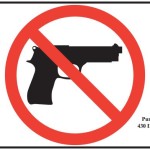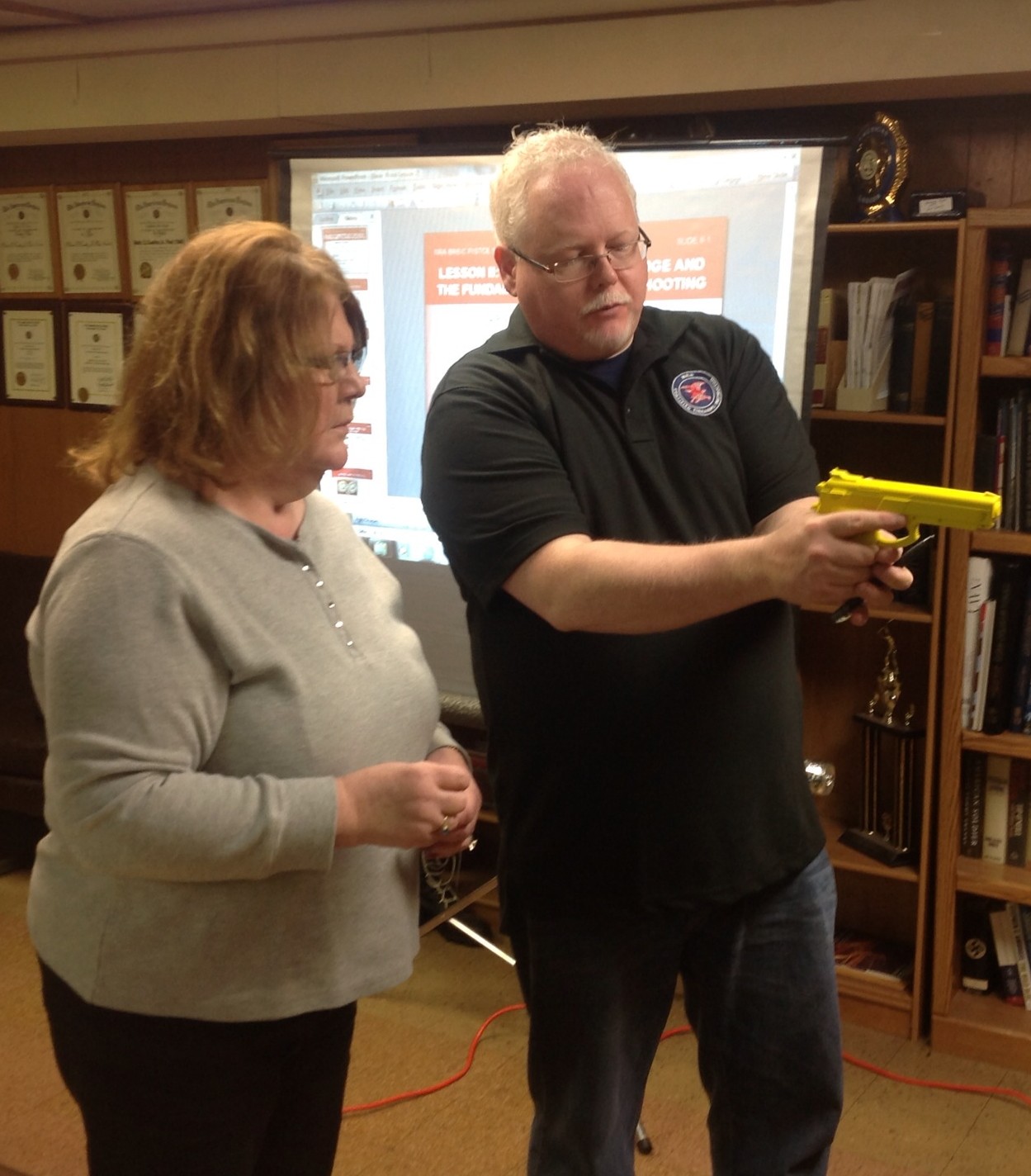Illinois does not recognize the concealed carry permits of other states. So how can someone who is frequently visiting Illinois, for work or personal reasons, exercise their 2nd Amendment rights?
Although the Firearm Concealed Carry Act intended to issue licenses to non-residents, the way the law is interpreted, only residents of Hawaii, New Mexico, South Carolina and Virginia are currently able to obtain them. And that is after paying an application fee of $300, which is twice the fee for residents. Until there is a legislative “fix” to the law, no other non-residents will have the ability to get an Illinois license.
HOWEVER, non-residents who have a valid CCW permit from their own state may have a concealed firearm in their car. By definition of the Act, this would include a loaded handgun in the passenger compartment of their car, but only in their car. So they can “carry concealed” in Illinois within their vehicle. When leaving the vehicle, the gun would have to either be left in the car:
- in a container, and
- either the container or the car itself must be locked
or, the gun would have to be unloaded and removed from the car.
Interestingly enough, this means that an Illinois resident who does not have a License to Carry is guilty of a felony for having a loaded gun in their car, but a non-resident is perfectly legal, as long as they have a permit from their own state. Many Illinoisans over the years have obtained non-resident concealed carry permits from states such as Utah and Florida, but that gives the Illinois resident NO right to carry in Illinois. The only ccw permits from other states that are “recognized” in Illinois are those of a non-resident, and then only for the express purpose of ‘carrying’ in their car while in Illinois.
Please note that the non-resident must have a ccw permit issued by their own state.
This is not legal advice. Please read the law yourself:
430 ILCS 66/40) Sec. 40. Non-resident license applications. (a) For the purposes of this Section, "non-resident" means a person who has not resided within this State for more than 30 days and resides in another state or territory. (b) The Department shall by rule allow for non-resident license applications from any state or territory of the United States with laws related to firearm ownership, possession, and carrying, that are substantially similar to the requirements to obtain a license under this Act. (c) A resident of a state or territory approved by the Department under subsection (b) of this Section may apply for a non-resident license. The applicant shall apply to the Department and must meet all of the qualifications established in Section 25 of this Act, except for the Illinois residency requirement in item (xiv) of paragraph (2) of subsection (a) of Section 4 of the Firearm Owners Identification Card Act. The applicant shall submit: (1) the application and documentation required under |
Section 30 of this Act and the applicable fee; |
(2) a notarized document stating that the applicant: (A) is eligible under federal law and the laws of |
his or her state or territory of residence to own or possess a firearm; |
(B) if applicable, has a license or permit to |
carry a firearm or concealed firearm issued by his or her state or territory of residence and attach a copy of the license or permit to the application; |
(C) understands Illinois laws pertaining to the |
possession and transport of firearms; and |
(D) acknowledges that the applicant is subject to |
the jurisdiction of the Department and Illinois courts for any violation of this Act; |
(3) a photocopy of any certificates or other evidence |
of compliance with the training requirements under Section 75 of this Act; and |
(4) a head and shoulder color photograph in a size |
specified by the Department taken within the 30 days preceding the date of the application. |
(d) In lieu of an Illinois driver's license or Illinois identification card, a non-resident applicant shall provide similar documentation from his or her state or territory of residence. In lieu of a valid Firearm Owner's Identification Card, the applicant shall submit documentation and information required by the Department to obtain a Firearm Owner's Identification Card, including an affidavit that the non-resident meets the mental health standards to obtain a firearm under Illinois law, and the Department shall ensure that the applicant would meet the eligibility criteria to obtain a Firearm Owner's Identification card if he or she was a resident of this State. (e) Nothing in this Act shall prohibit a non-resident from transporting a concealed firearm within his or her vehicle in Illinois, if the concealed firearm remains within his or her vehicle and the non-resident: (1) is not prohibited from owning or possessing a |
firearm under federal law; |
(2) is eligible to carry a firearm in public under |
the laws of his or her state or territory of residence, as evidenced by the possession of a concealed carry license or permit issued by his or her state of residence, if applicable; and |
(3) is not in possession of a license under this Act. If the non-resident leaves his or her vehicle unattended, he or she shall store the firearm within a locked vehicle or locked container within the vehicle in accordance with subsection (b) of Section 65 of this Act. (Source: P.A. 98-63, eff. 7-9-13; 98-600, eff. 12-6-13; 99-78, eff. 7-20-15.)




